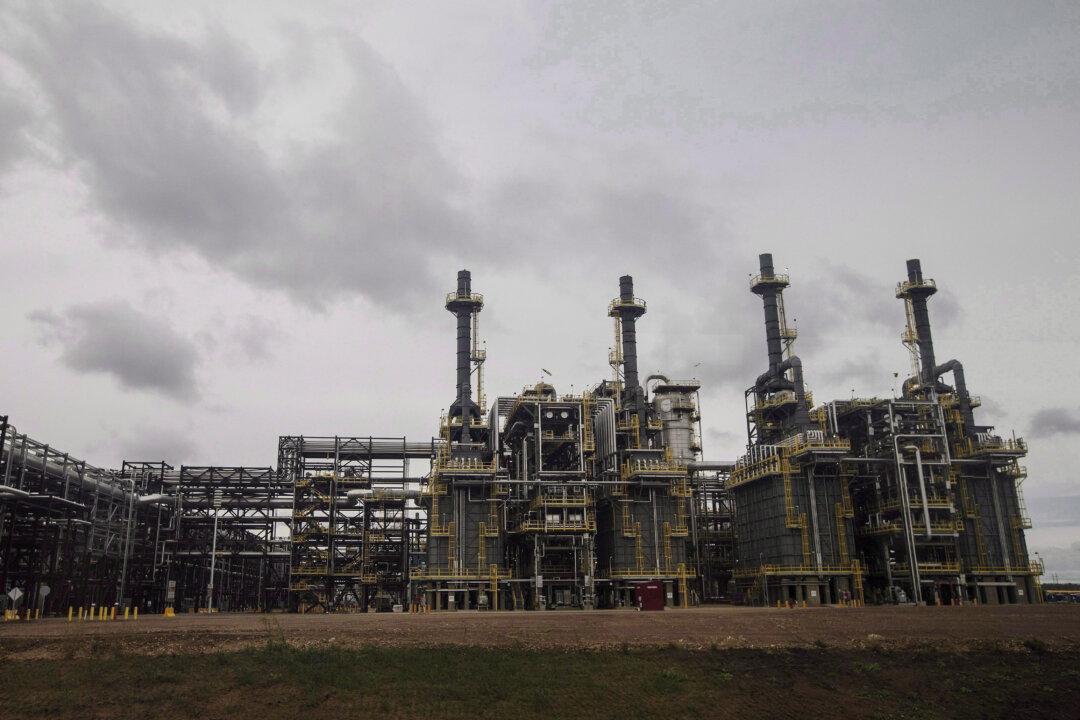Government agencies and companies are accelerating their push toward net zero by 2050 and increasing their emphasis on environmental, social, and governance (ESG) principles in their operations. But even as the way of doing business is undergoing significant upheavals, what’s not keeping pace is progress on ensuring a transition to a lower-carbon future that would minimize negative impacts on workers and communities.
“Pressure on corporates and financial institutions to demonstrate how they plan to achieve stated net-zero targets, and support social justice objectives, is intensifying,” credit rating agency Fitch Ratings said in a July white paper “ESG in Credit.”
“Companies and governments offered a wave of net-zero emissions pledges in 2020, but the policy paths to achieve these pledges are unclear,” Fitch added.
Fitch expects 2021 to be a key year for forthcoming details to gain some insight into potential long-term economic effects.
“The gap between government pledges to cut carbon emissions and policies in place highlights the potential risk of a sharp shift in the policy landscape (governments have tackled only a few to date),” Fitch said.
The International Monetary Fund (IMF) estimates an additional $6–$10 trillion in green investments globally—a cumulative 6–10 percent of annual global GDP—will be needed in the next decade to support the transition to a lower-carbon world.
“On the domestic side, governments need measures to help households already struggling to afford basic necessities to pay for higher energy costs,” the IMF said in a July 22 blog post. “These measures should extend to coal miners and other workers and communities that depend on high-carbon sectors for their livelihoods.”
Government Arms Emphasize ESG
Export Development Canada (EDC), a federal Crown corporation, has created an executive management role tasked with further embedding ESG into the corporation’s values, principles, and processes.
Justine Hendricks was hired for the position in May 2019, as senior VP and chief corporate sustainability officer.
Another federal Crown corporation, Canada Mortgage and Housing Corp., appointed its first “chief climate officer” in June 2020.
On July 22, EDC announced that, as part of its pledge to reach net-zero emissions by 2050, it has set a 2023 target of reducing its financing to the six most carbon-intensive sectors of the economy by 40 percent below 2018 levels.





